Gut Health 101: Back to Basics
Gut health is such a buzzword these days! We have this idea that it is important, but what is it really all about? Let me explain:
What is Gut Health?
Gut health or digestive health refers to the health of your digestive system, and specifically, the gut refers to the large intestine – which does a hell of a lot more then we once thought it turns out.
Your large intestine (or the colon) is host to a trillion bacteria which make up the gut microbiome. Ah you’ve heard of that one no doubt – there are more microbes in your gut then there are human DNA cells in your whole body. The gut is where some hormones are produced including our ‘happy hormone’ serotonin, 70% of immune cells are produced in the gut & our microbes that live in the gut produce anti-inflammatory molecules called short chain fatty acids which protect against bowel cancer, help our metabolism & keep us healthy and thriving. They also have multiple pathways with other body systems – have you heard of the Gut-Brain axis? This is where the gut talks to the brain via the vagus nerve! It’s why we get butterflies in our tummy when we’re nervous, and part of the reason anti-depressants are a current treatment for IBS.
They do all this by eating our left overs – the indigestible fibre from plant foods.
When we eat fibre, our microbes get to eat too, and as you can see they do some pretty impressive stuff to keep us healthy.
What can I do for my Gut Health?
Diversify! Just like we want diversity represented in the media or politics, your microbes need you to diversify your diet. It’s why we bang on about eating the rainbow – it doesn’t just make for a pretty picture; it presents your microbes with lots of different foods. You see, they don’t all enjoy the same foods, some enjoy the prebiotic fibre of inulin found in bananas, asparagus, garlic and leeks, whereas other have no time for it; they prefer the prebiotic fibres of pectin found in apples, blueberries, pumpkin and cabbage. You see, the more variety you have in your diet, the more variety of microbe species you have in your gut, and diversity is important if we want to thrive in this life.
You can start by trying a new fruit or vegetable each week & aim for 5 different types each day. Over a week, if you can aim for 40 different plant foods, your microbes will be oh so happy! When I’m talking plant foods, I’m not just talking fruit and vegetables either. You can get your 40 plant foods by including a mix of:
· Herbs and Spices (cinnamon, mint, basil, oregano, nutmeg)
· Legumes (chickpeas, lentils, beans)
· Vegetables (butternut pumpkin and kent count as two different plant foods)
· Fruits (similarly, green apples and red apples count as two different types as well)
· Fermented foods (kimchi, sauerkraut, miso)
· Whole grains (brown rice, quinoa, buckwheat, oats)
Movement outside – breathe your biome – movement in the fresh air can diversify your microbes, and exercise has been shown in studies to increase the number of beneficial bacteria.
Stress less my friends, that gut brain axis doesn’t want to work overtime. Relax your mind, you will relax your gut, helping them stress less and get on with the important work they do for us.
What is bad for Gut Health?
You can harm your gut health by having too many regular nights out on the booze, frequent antibiotic use (hey – it’s sometimes necessary and you’ve got to do it – you can repair you gut with support from a practitioner!) and more recently, long term use of some medications like the oral contraceptive pill are being investigated for their effect on gut health. It’s certainly not clear cut, but definitely worth keeping a close eye on.
Of course, one of the worst things you can do for your gut microbiome is a restrictive diet. Cutting whole foods groups especially carbs is ultimately going to limit your diversity and leave you with only a few strains of microbe families, rather than the diverse network that is possible with a diet rich in diversity.
What are 5 things I can do right now to improve my gut health?
1. Try a new plant food every week. Aim for 40 different plant foods a week.
2. Implement a stress management routine: whether it is yoga, meditation, deep breathing, journaling, or forest bathing (a good bush walk!), find a way to relax your mind.
3. Include some fermented foods, a teaspoon daily is a good place to start.
4. If you drink more than 4 standard drinks a week, reduce your alcohol.
5. Joyful movement as it turns out, good for the microbes! Get outside for a bike ride or a run, or to the next pilates class…i’ll see you there!
Love your microbes and they will love you right back!
Ellie x
